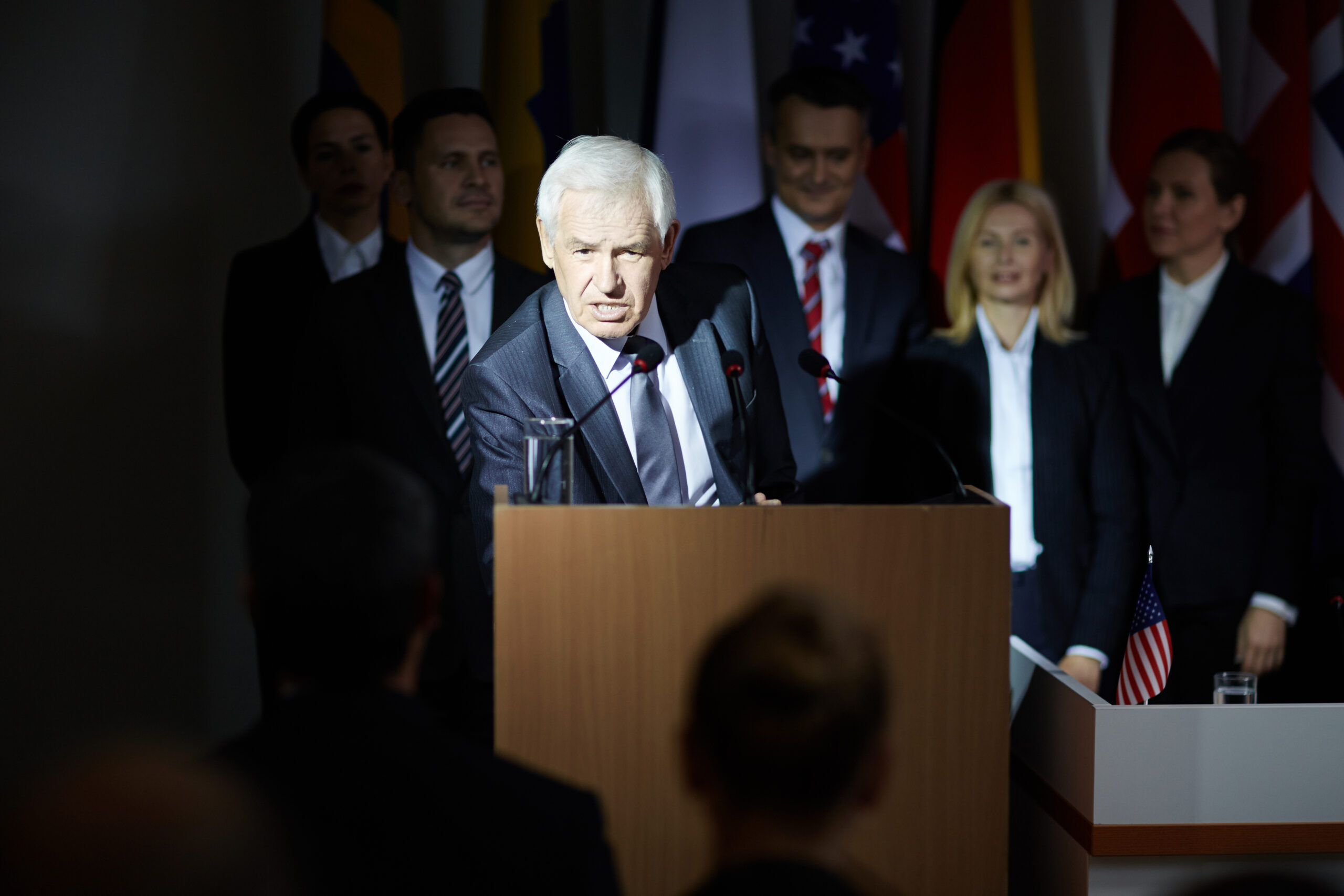Slovakia, a small country in Europe, is having a big election that could affect many other countries, especially Ukraine and groups like NATO.

Robert Fico: Friends with Russia?
Robert Fico, who used to be the Prime Minister of Slovakia, is running for office again. He’s known for being friendly with Russia. During his campaign, he’s said things against the U.S. and even called Slovakia’s President, Zuzana Čaputová, an “American agent.” He also doesn’t want to help Ukraine with weapons and doesn’t want Ukraine to join NATO. This is making many people inside and outside Slovakia nervous.
Fico’s party, called SMER, is popular. But another party called Progressive Slovakia (PS), led by Michal Šimečka, is also doing well in polls. These two parties have very different views. While Fico’s party likes Russia, PS supports Ukraine and wants to be closer to the West.
Fake News and Russian Stories
There’s a lot of fake news around this election. Many people think that Russian stories are being spread on social media to influence voters. An official from the European Commission even said Slovakia is easy to influence with pro-Russian content.

Teamwork or Trouble?
No single party will likely win enough votes to control the government. So, parties will have to work together. This can be complicated because they have to agree on who gets to be in charge and what they’ll do.
Fico’s party might team up with another one called Republika, which blames NATO and Ukraine for the problems with Russia. PS, the other party, would probably join forces with other pro-Western parties.
What This Means for Slovakia and Others
If Fico wins, things might change a lot for Slovakia. Right now, Slovakia helps Ukraine and doesn’t like what Russia is doing. But Fico has different views. He believes that Ukraine is the bad guy, which is what Russian leader Vladimir Putin also says. Fico also has a friend in Hungary’s Prime Minister, Victor Orban, who also isn’t a big fan of the European Union. If these guys get together with Poland’s leaders, they might challenge the EU.
In short, this election in Slovakia might seem small, but it can change how things work in Europe. Everyone’s waiting to see what happens because it might affect many countries and big groups like NATO and the EU.

FAQ Section
Q: Why is Slovakia’s election important to other countries?
A: Slovakia’s election is important because it could affect international relationships, particularly with Ukraine and NATO, and influence policies and alliances within the European Union, based on whether a pro-Russian or pro-Western party wins.
Q: Who is Robert Fico?
A: Robert Fico is a former Prime Minister of Slovakia, known for his pro-Russian stance. He has criticized the U.S. and Western support for Ukraine, and his return to power could bring a significant shift in Slovakia’s foreign policies.
Q: What is Fico’s party, and what does it stand for?
A: Fico’s party is called SMER, a left-wing populist party. It has maintained a pro-Russian and anti-U.S. stance, showing support for Kremlin while criticizing support for Ukraine and opposing Ukraine’s NATO aspirations.
Q: Which party is opposing SMER in the elections?
A: Progressive Slovakia (PS) party, led by Michal Šimečka, is the main opposing party. It supports Ukraine and advocates for stronger ties with the West, providing a contrasting vision to SMER’s pro-Russian orientation.
Q: Is misinformation affecting the election?
A: Yes, there are concerns about misinformation and Russian propaganda influencing voters, with pro-Russian narratives gaining traction on social media platforms in Slovakia.
Q: Is it likely that one party will control the government after the election?
A: It’s improbable that a single party will win an outright majority to form the government independently. Coalition negotiations between parties are expected to be complicated, leading to intricate alliance formations.
Q: How could this election impact Slovakia’s support for Ukraine?
A: If Robert Fico wins, he may halt support and arms shipments to Ukraine, given his pro-Russian stance, altering Slovakia’s current supportive position towards Ukraine and potentially impacting the dynamics within NATO and the EU.
Q: How will the election affect Slovakia’s relations with the European Union?
A: A victory for Robert Fico could strain Slovakia’s relations with the EU due to his and his potential allies’ critical stance on the Union. This could lead to challenges and disagreements within the bloc.
Q: What are the implications for NATO?
A: Depending on the election outcome, Slovakia’s stance on NATO could shift. If a pro-Russian government is formed, it may impact NATO’s cohesion and alter its dynamics, especially concerning the organization’s expansion and approach towards Russia and Ukraine.
Sources CNN
#Slovakia’s election #knife-edge vote #Kremlin apologist #support for Ukraine #Robert Fico #SMER party #Progressive Slovakia #Russian propaganda #European Commission #coalition negotiations #Hlas party #pro-Russian leader


